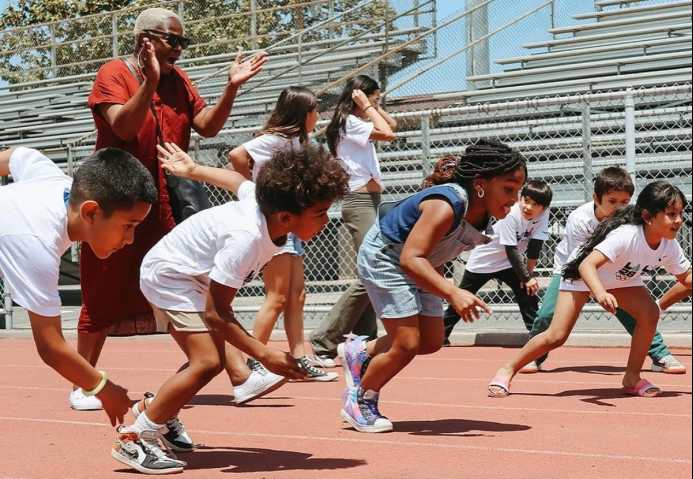Search for information
Kirsty Coventry: A Controversial Bid for the IOC PresidencyKirsty Coventry: A Controversial Bid for the IOC Presidency
April 15, 2025, 2:46 pm EDT
Kirsty Coventry: A Controversial Bid for the IOC Presidency
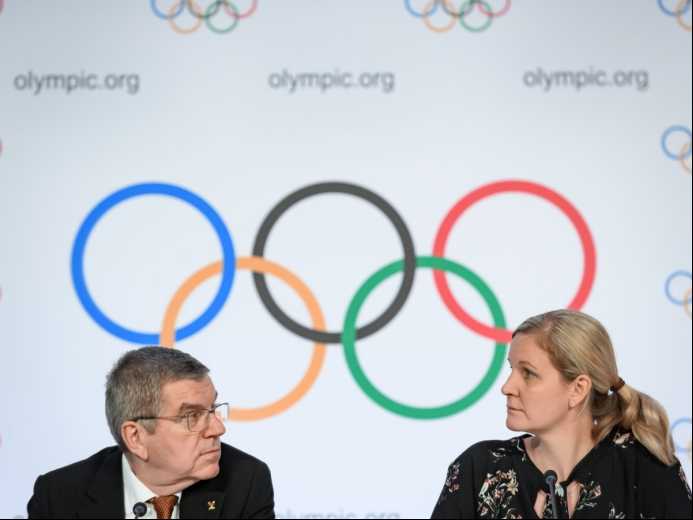
Source: Images from the Internet, if there is any infringement, please contact the removal of
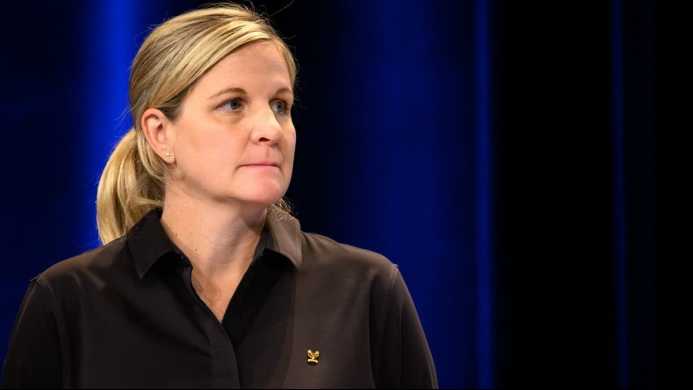
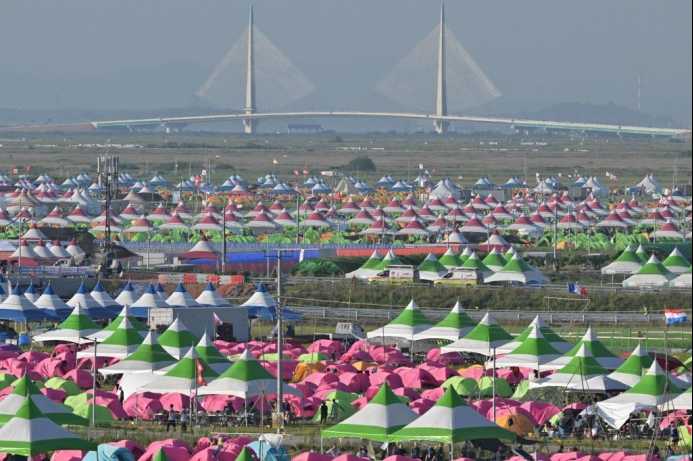
South Korea's North Jeolla Province Becomes Candidate Region for 2036 Olympics Bid
South Korea's North Jeolla Province Becomes Candidate Region for 2036 Olympics Bidmore

Vancouver: Beyond the Stunning Scenery, There's a World of Affordable Delights!
Vancouver: Beyond the Stunning Scenery, There's a World of Affordable Delights!more

'How to Train Your Dragon 2' live-action movie in the works
'How to Train Your Dragon 2' live-action movie in the worksmore

Costco's Popular Montreal Smoked Meat Sandwich to Make a Comeback in Canada
Costco's Popular Montreal Smoked Meat Sandwich to Make a Comeback in Canadamore

Chemicals Found in Philips' Silicone Ablation Foam Substitute for CPAP Devices
Chemicals Found in Philips' Silicone Ablation Foam Substitute for CPAP Devicesmore
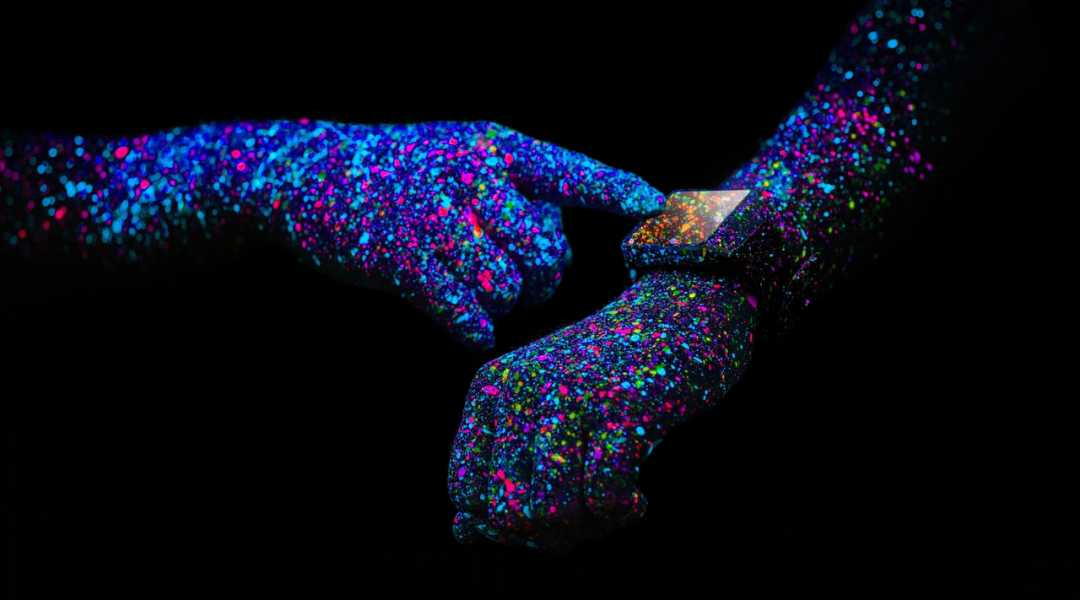
FDA Warns Against Smartwatches' False Claims of Blood Glucose Measurement
FDA Warns Against Smartwatches' False Claims of Blood Glucose Measurementmore
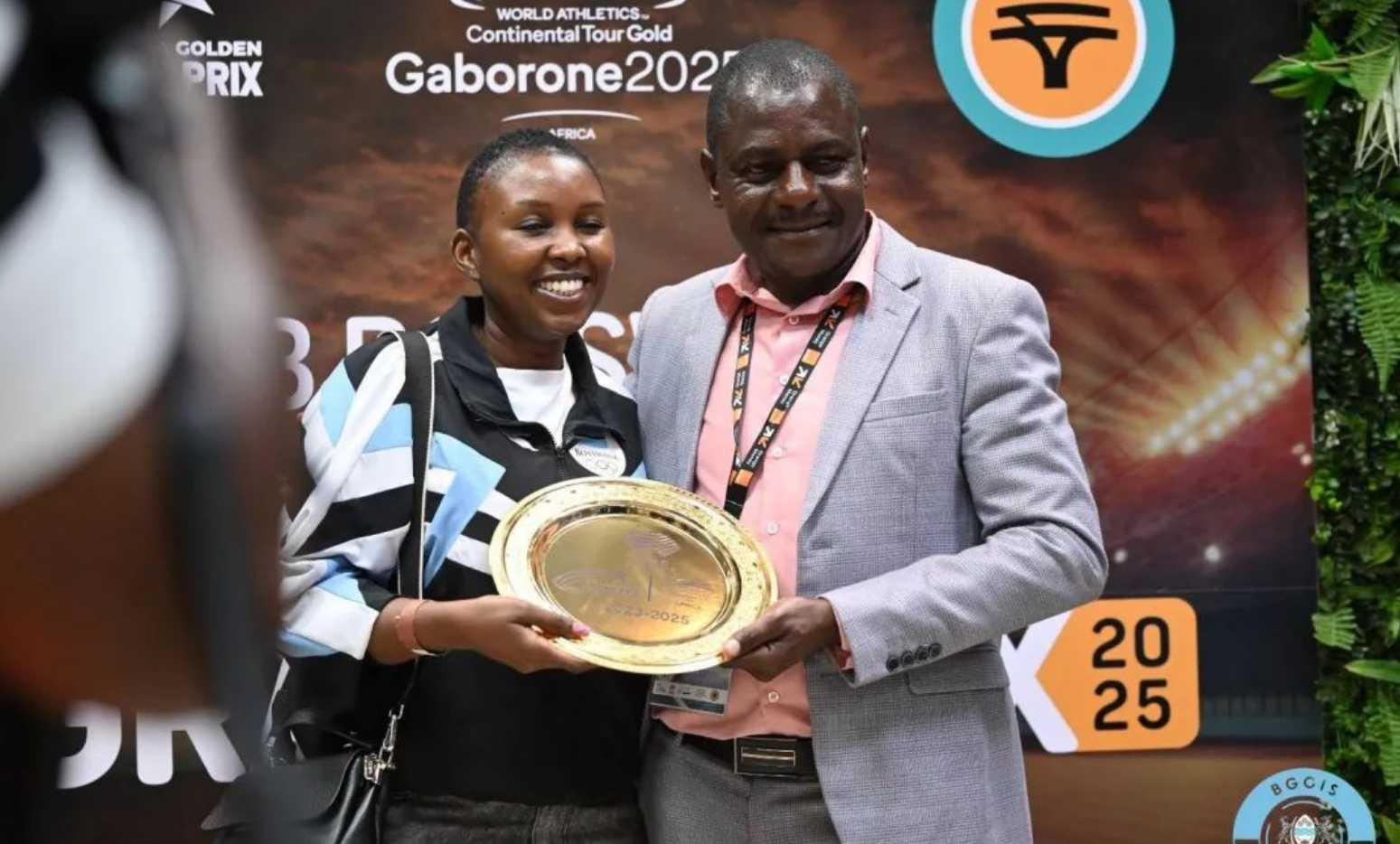
Botswana Golden Grand Prix 2026 to Be Upgraded as Precursor to World Relays
Botswana Golden Grand Prix 2026 to Be Upgraded as Precursor to World Relaysmore


